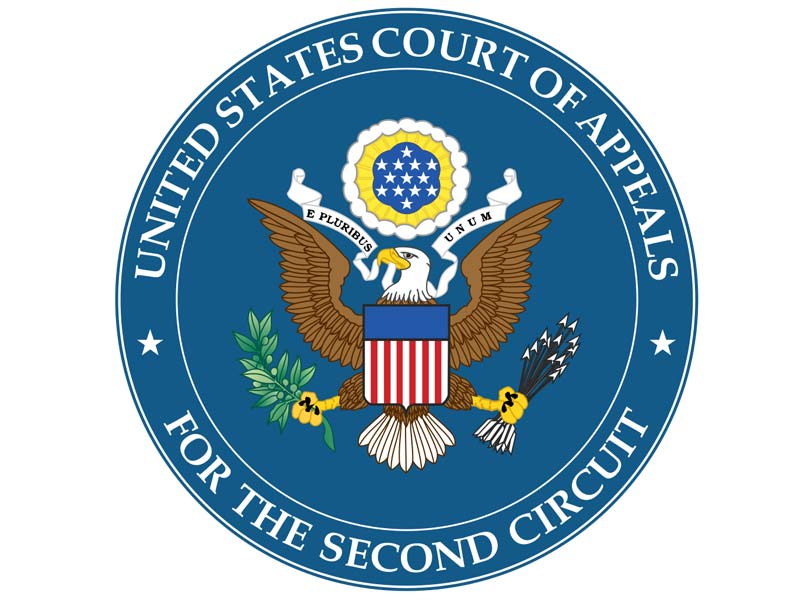Since its enactment in July 2022, New York’s Concealed Carry Improvement Act (CCIA) has been subject to a barrage of litigation in federal courts. It created new requirements for people seeking a license to carry concealed weapons in the Empire State.
Last November, a federal appeals court struck down parts of a New York gun control law that has been on the frontlines of Second Amendment legal battles following the Supreme Court’s landmark gun rights expansion in 2022.

The 2nd U.S. Circuit Court of Appeal’s ruling had blocked three provisions of the law while upholding others previously found unconstitutional by lower courts, and it invalidated a requirement that concealed carry permit applicants disclose their social media accounts.
While the court ruled that the state can’t enforce a part of the law that made it a crime to carry a concealed gun onto private property without the express consent of the owner, it did allow the state to continue its ban on firearms in so-called “sensitive” locations, such as public transportation, hospitals, and schools. Firearms are also banned in New York City’s Times Square.
Gun Rights Battle in the Big Apple
A trio of gun owners from Westchester and Orange has continued the fight against the legislation, arguing that their state-issued concealed carry handgun licenses are invalid in New York City due to the city’s regulations under the Concealed Carry Improvement Act. Represented by Scarsdale-based attorney Amy Bellantoni, they took their case back to the 2nd Circuit – claiming the regulations are “inconsistent with the text, history, and tradition of firearm regulation.”
They seek a reversal of a lower court’s denial of a motion for preliminary injunction of firearm bans on public transportation such as the MTA, subway, and train cars and in Times Square.
One plaintiff-appellant, William Sappe, said he needs to openly carry a firearm for self-protection in the gun-free Times Square because his business involves transporting “substantial amounts of cash, diamonds, and jewelry for high-end jewelers” in Midtown Manhattan’s Diamond District – which is located just blocks away.
The three gun owners claim in their appeals brief that the historical argument proffered by the state and city of New York for gun restrictions “not only falls outside of the founding era, they also conflict with the plain text of the Second Amendment.”
Bellantoni noted during oral arguments that “formal licensing” did not occur in the founding era.
“I believe our founding fathers would have deemed that repugnant to the Constitution to go Britain and asked for permission to be armed, I don’t think we’d be standing here as America if that was the case,” she added.
However, the three-judge panel referred to “New York Rifle and Pistol Association v. Bruen,” the U.S. Supreme Court decision that found that a “historical analogue” must exist — a similar law restricting firearms at the time the Second Amendment was ratified — for a present-day firearms restriction to pass muster.
“Bruen says we should ask how and why the regulations burden a law-abiding citizen’s right to armed self-defense,” responded U.S. Circuit Judge Joseph Bianco, a Trump-era appointee. “The question is how and why, in modern times, does that affect the law-abiding citizen’s right to self-defense where sensibilities may have changed from being terrorized by someone who’s concealing versus the sensibilities now being terrorized by someone who’s openly carrying.”
“We also have a body law that says the government can control the carrying of firearms on its own property,” U.S. Circuit Judge Reena Raggi added. “Why isn’t this the circumstance with the subway, this is basically a government-provided means of transportation, this is government property.”
The George W. Bush-appointed judge further suggested, “There is a tradition of the government being able to limit the carrying of firearms on its property — courthouses, government buildings, etc.”
Both Raggi and Bianco clarified to Bellantoni that the appellants had again not demonstrated a sufficient likelihood of success for the panel to grant the injunctive relief they sought. New York Assistant Solicitor General Philip Levitz also noted during oral arguments on Tuesday that “the record here is clearly insufficient for the plaintiffs to prevail.”
The Courthouse News Service reported Bellantoni as saying that if the case is returned to the lower court, she will make a motion for summary judgment.


